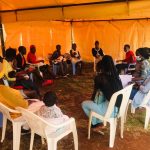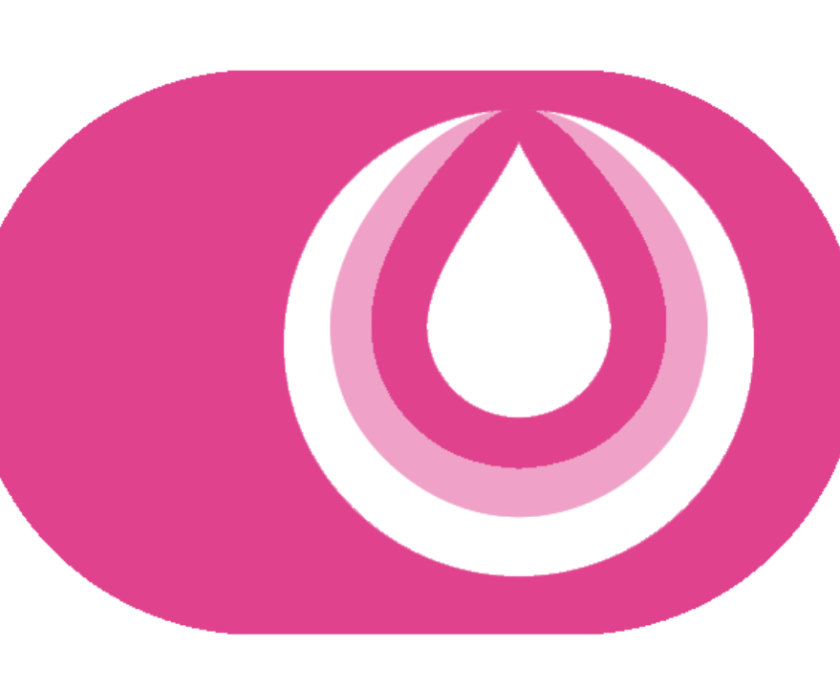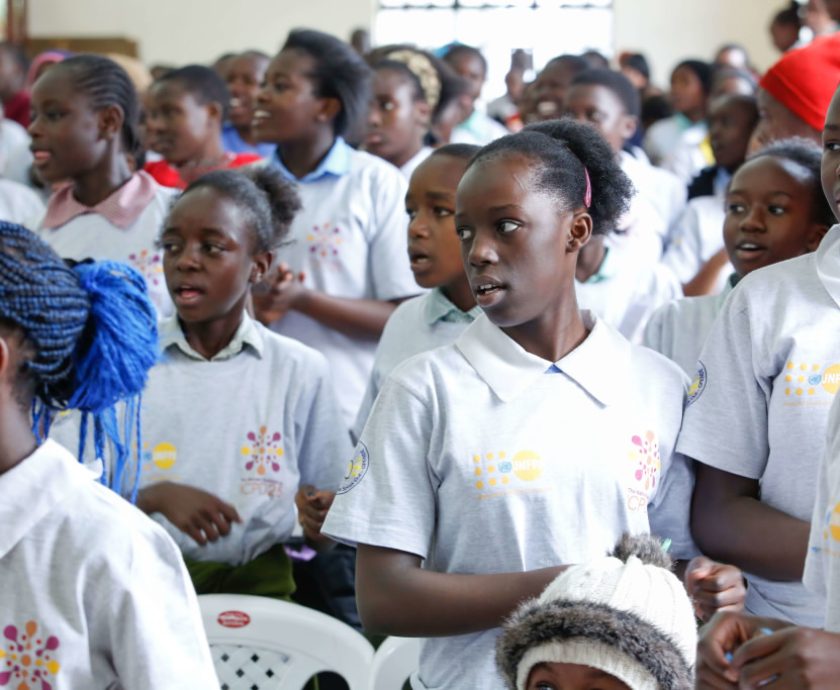Menstrual Shame
I woke up from my seat and a hot gash of warm liquid trickled down from within me. I felt the same warm liquid slowly creep down my legs, I looked down and was shocked at the sight of blood flowing freely down my legs towards the floor. I quickly hid myself in a corner feeling ashamed that I had soiled myself.
Growing up I dreaded attending to my periods. I would constantly feel like I cannot play freely everyone is seeing my pad and all these words just flashed inform of my eyes. Looking back in retrospect, I don’t not think I have ever loved the process. For me it is a cleansing moment. The body getting rid of dirt. On the flip side, the blood signifies life. It is that blood that cushions the baby while in the womb.
Back to reality! Why does period shame occur in majority of young women and girls? A simple logic would be that it signifies change in the young woman. From a girl to a young woman who can now give birth. However, handling the stigma around periods seems an uphill task for most civil societies trying to understand this natural phenomenon.
Access to period products
Over the years majority of girls and young women living in slums have limited access to menstrual products. The menstrual hygiene strategy 2019-2025 was launched in 2019 he to enable stakeholders to collectively and effectively improve MHM in Kenya, thereby ensuring the wellbeing of girls and women, as well as implications for the environment and ultimate gender equality in the country.
The vision of the strategy Policy documents is to is to provide both guidelines and an action plan where all the women and girls of Kenya will have access to better menstrual hygiene management options which if widely practiced will lead to a better life for all the women and girls in Kenya
During this year’s event, polycom in partnership with UNFPA and loving Humanity held an awareness campaign on menstrual shame. Girls and young women were encouraged to speak up to reduce vices such as sex for sanitary towels.
Through its “Boresha Binti” program over 100 girls were invited to attend the event at Canaan-hall located at the Highrise estate Kibera. A good turn up of the girls was recorded. Of the total tally 90 were adolescent girls and young women 4 were men and 6 were older women above 35 years
The objectives of the event were;
- To create awareness on menstrual hygiene being that it is menstrual week
- To mentor at least 60-100 girls on SRHR
- So that one is able to be responsible for her life after mentorship
- At the end of the day, the girls are able to grab something important
- At the end of the day, each and every girl is given a new panty and sanitary towel being a menstrual hygiene week.
- To network and meet new faces and make new friends
The speakers shared different stories from what they had experienced but tackled the following topics;
- Georgina Muturi from Amani Women-Sexual harassment, early pregnancy
- Carole Mugo from UNFPA-Menstruation
- Betty Odera Polycom friend –Self Esteem
- Benazir Obotto from Umande Trust-Handling Sex for Pads
While UNFPA’S Kigen led the video session on Fistula. The video was about a young girl who got pregnant while still young and developed a fistula while giving birth and could not manage going through the stigma.
The event was a success with the culmination of a candle lite session where each adolescent girl had a candle lighting it from the main candle. Among the promises was not allow FGM, Finish school up to university level. The commitment is not to be a mother at an early age.
#EndFGM
#EndTeenPregnancies
#StayinSchool




